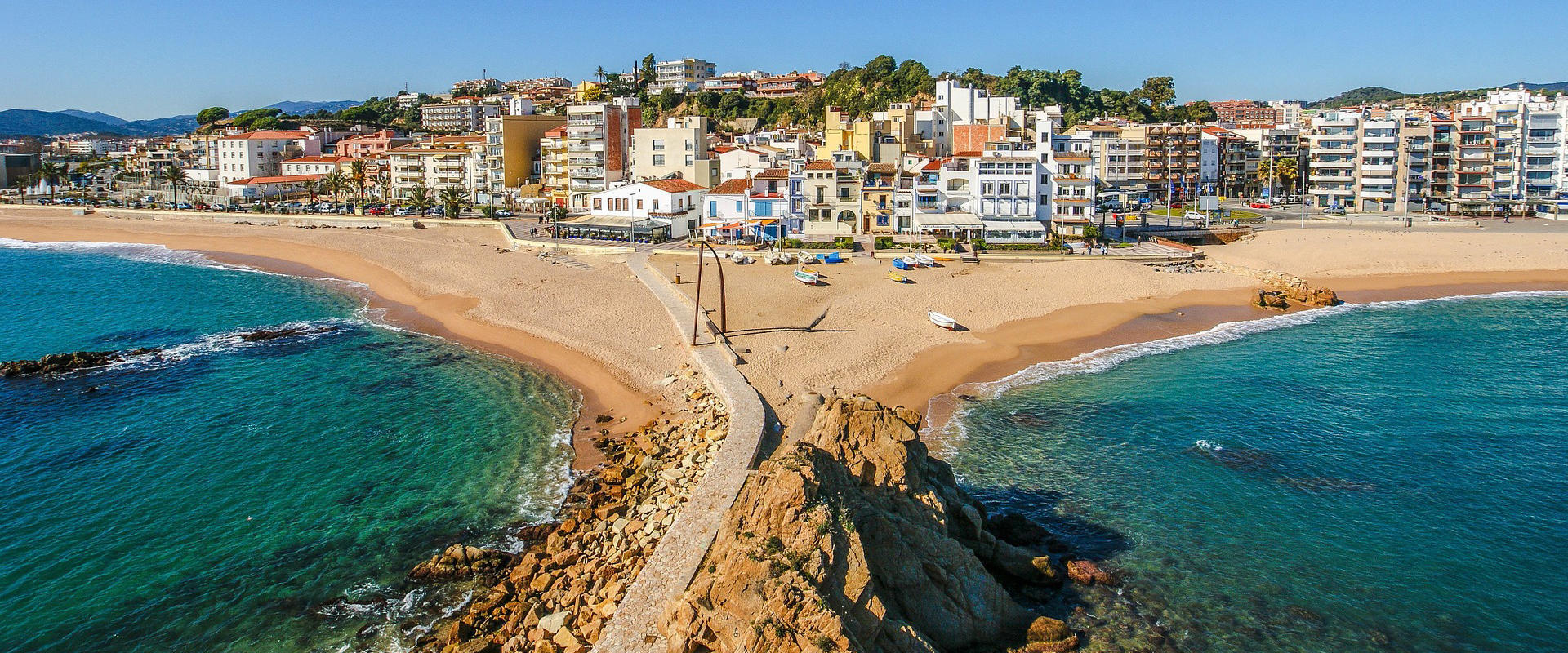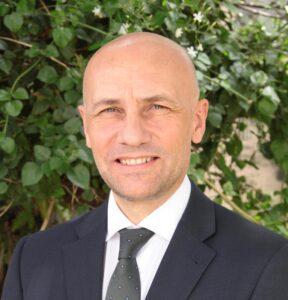New technologies, such as the simplified versions of geographic information systems (GIS)—called “Geodesign”—will help local people, civil servants, and authorities measure the rapid changes tourism will bring into their home communities and visualize the results of different scenarios, so they can better decide how to proceed. Geodesign can help communicities to anticipate impacts from climate change and allow local people to gather data and inform governments about points of concern on a wide range of social, cultural, and environmental health issues, using indicators that are compatible with the SDG goals and the Paris agreement.
Geodesign allows local people to identify where natural resource protection is required and where investments in alternative energy, clean development infrastructure, and protection of green spaces can be made to better manage the future of destinations.

RELATED PROJECT: Regional Planning and Geodesign for Tourism
The International Sustainable Tourism Initiative (ISTI) teamed up with the Harvard Graduate School of Design to deploy Geodesign, modeling and quantitative analysis—to help developers, site managers and hotel corporations work with communities, governments, and businesses to create plans for healthy and sustainable tourism growth.
New systems for tourism planning are needed to replace the antiquated and unresponsive master planning systems, which costs governments and donors hundreds of millions of dollars worldwide, with a new dynamic approach which foster genuine public collaboration digitally, and help to manage key indicators without requiring new consultancies. This system can inform government actions and allow local people to design their future with human health and well-being and the preservation of ecological and socio-cultural systems as primary goals.
Iceland Case Study
 Harvard ISTI’s SMART Destination team worked with the University of Iceland in 2020-2021 to develop a case study on the Westfjords region of Iceland. The goal was to help the Department of Tourism and Innovation of Iceland incorporate regional planning and Geodesign into a robust set of Geodesign base maps to study Westfjords and create a formal case study. A day long workshop with Harvard Extension students was held with Icelandic stakeholders in April of 2021 for the course Sustainable Tourism, Regional Planning, and Geodesign at Harvard Extension School.
Harvard ISTI’s SMART Destination team worked with the University of Iceland in 2020-2021 to develop a case study on the Westfjords region of Iceland. The goal was to help the Department of Tourism and Innovation of Iceland incorporate regional planning and Geodesign into a robust set of Geodesign base maps to study Westfjords and create a formal case study. A day long workshop with Harvard Extension students was held with Icelandic stakeholders in April of 2021 for the course Sustainable Tourism, Regional Planning, and Geodesign at Harvard Extension School.
Student comments on the workshop program demonstrate the value of using maps as a tool to decide on land-use plans and achieving sustainability for tourism regional development.
The workshop on April 10th was an eye-opening and inspiring experience. Being able to take the projects that we had each individually worked on — and bring them to the forefront for discussion, debate, and evaluation–elevated the level of discourse and thought for strategic planning and design. —Student Participant 2021
Josh Weiland, a graduate of the course work on Geodesign and tourism, was awarded the position of Research Manager for this project for six months in 2020-2021 at Harvard Chan School of Public Health, Department of Environmental Health, and Faculty Aide Sarah Farooqi assisted on behalf of the Harvard Extension School.




